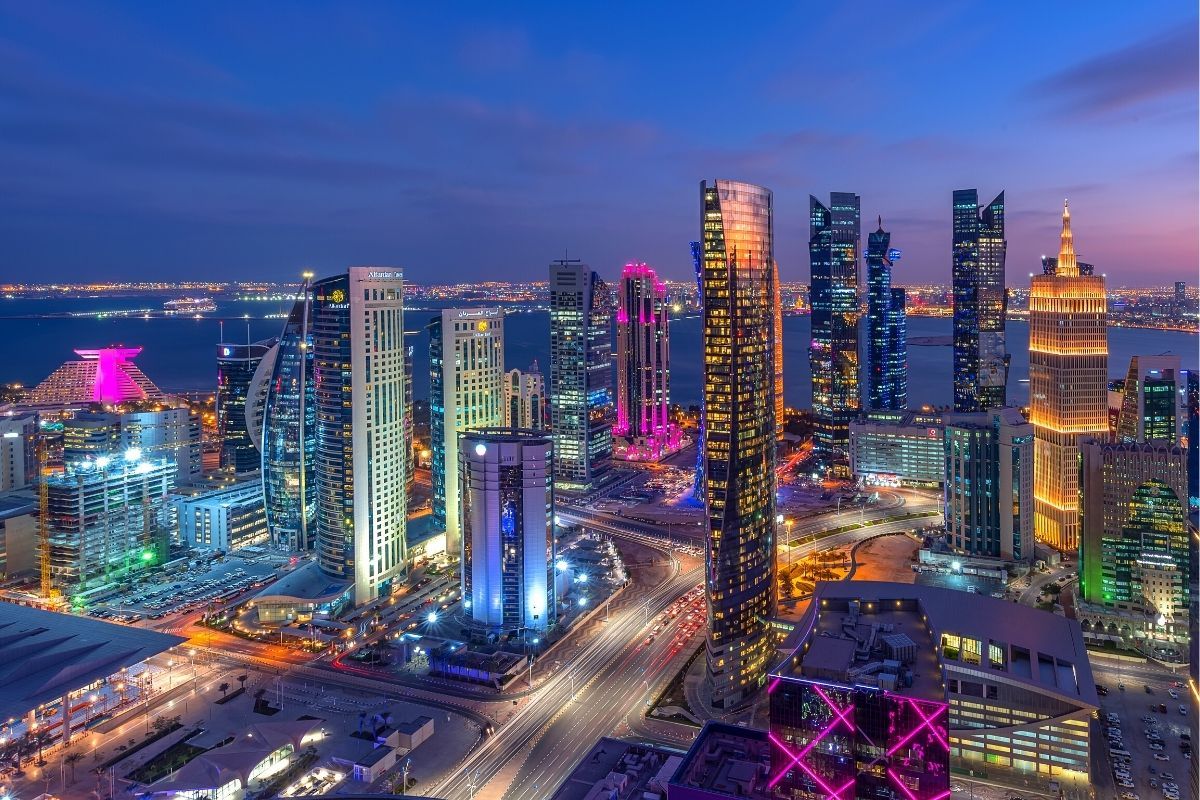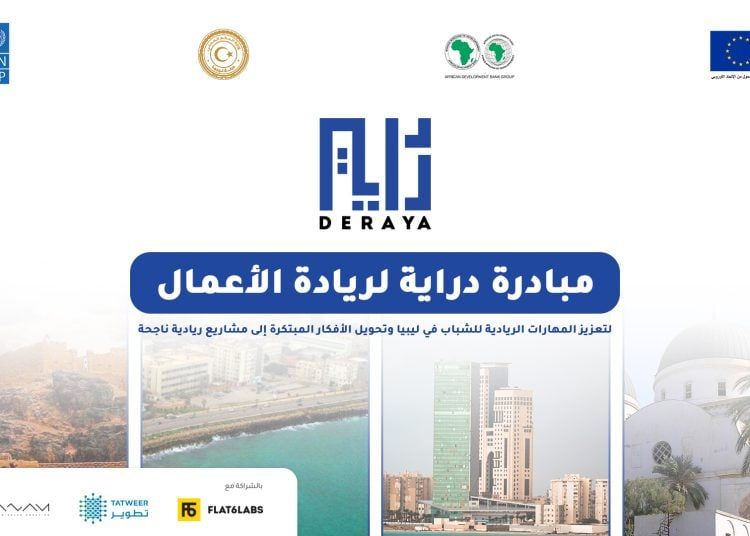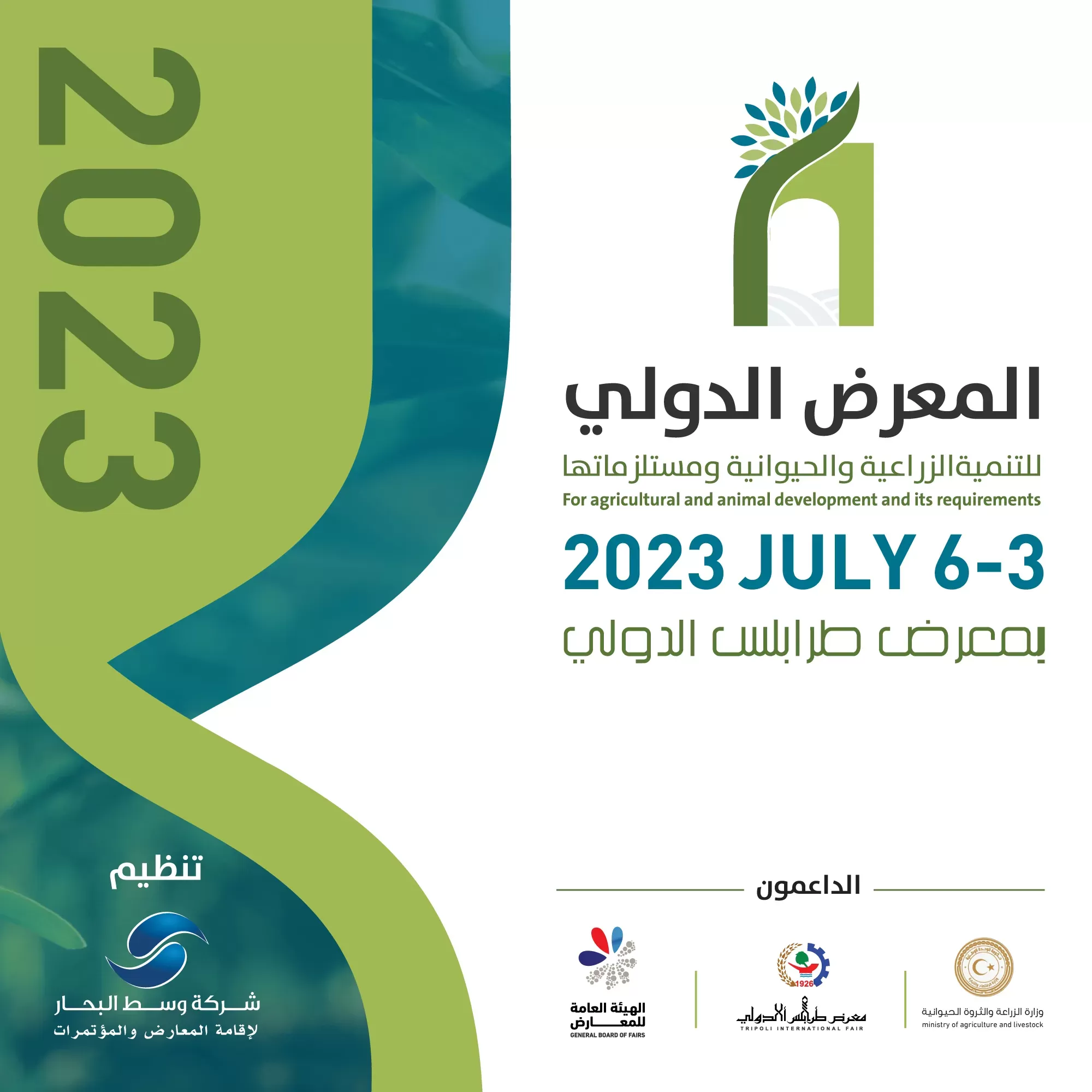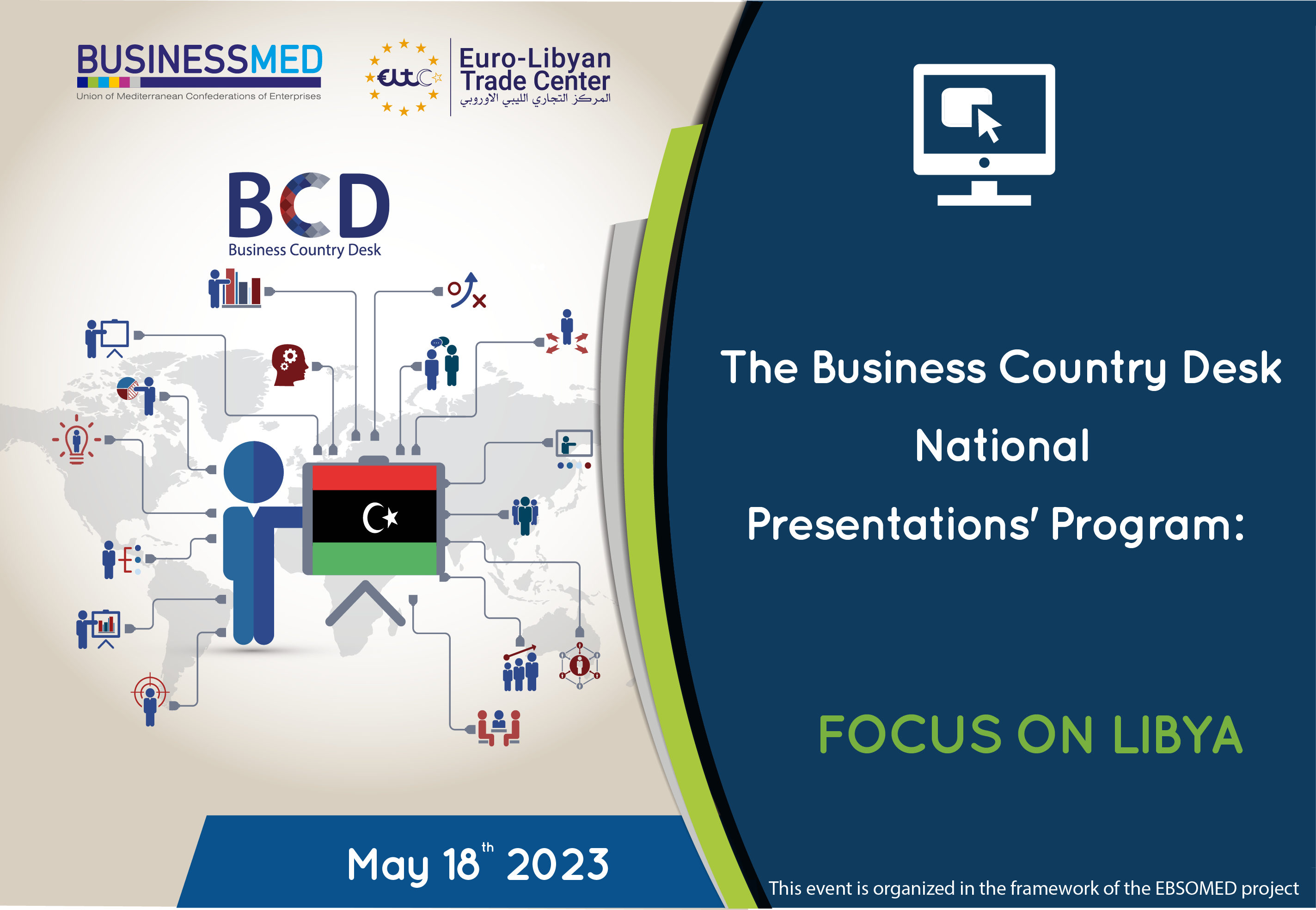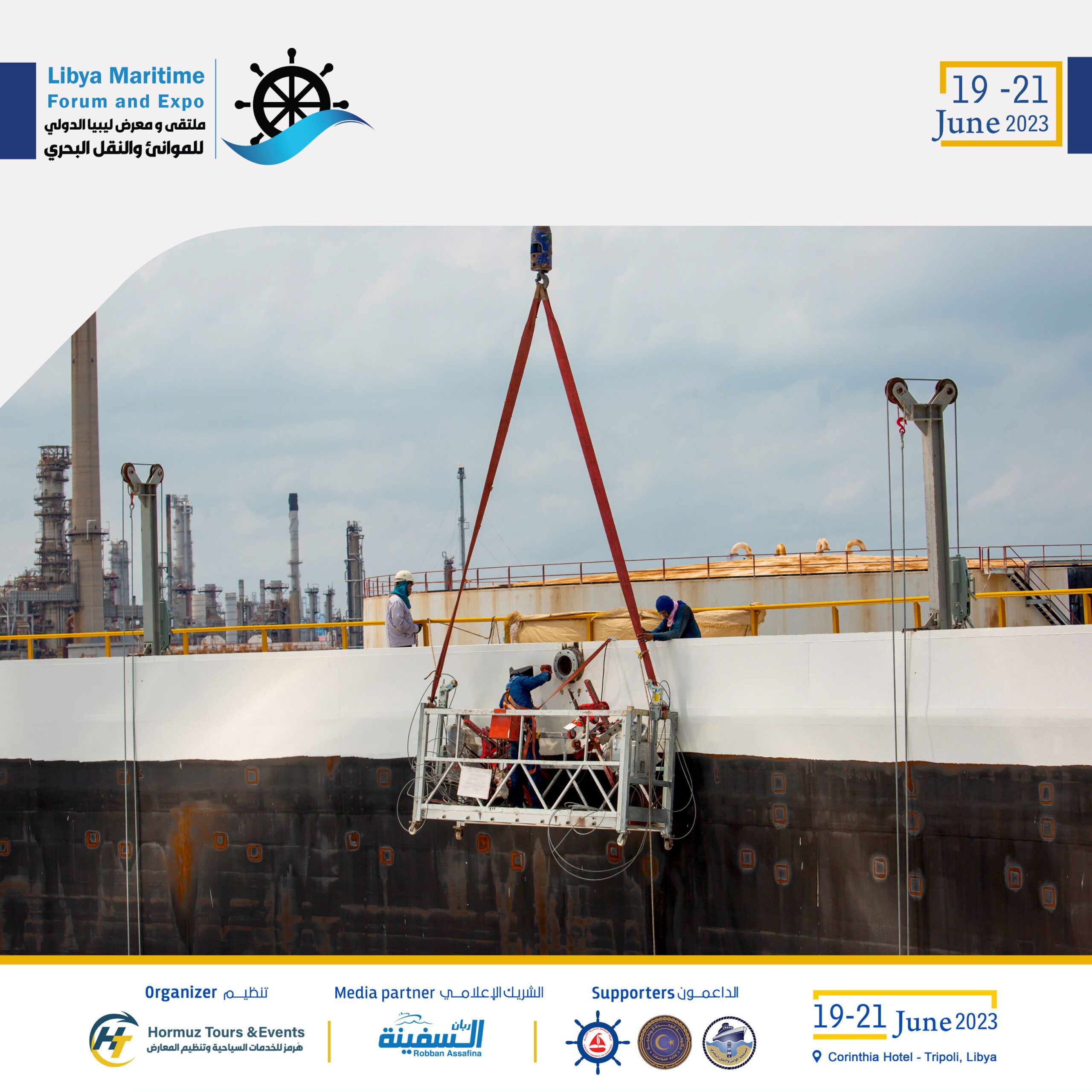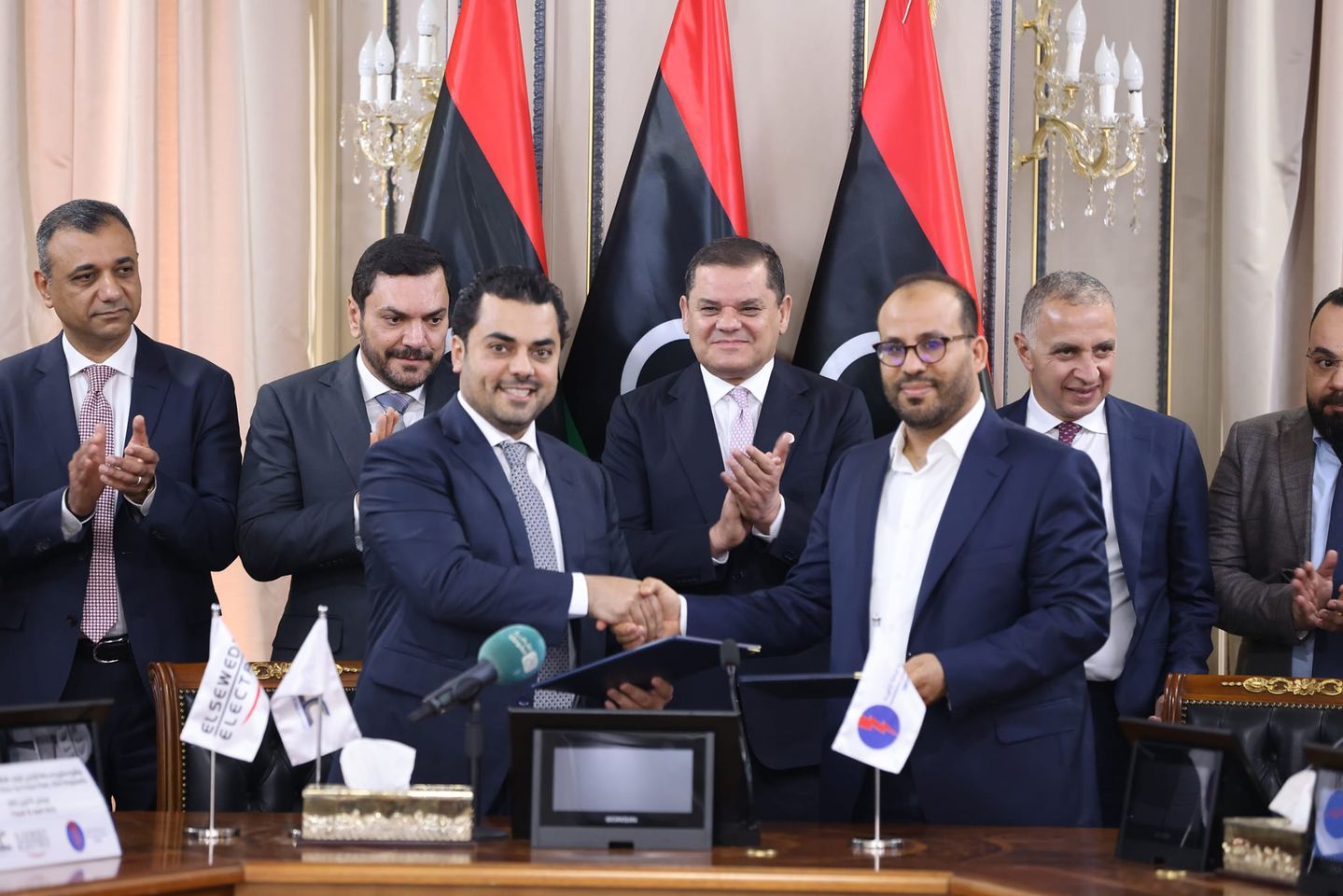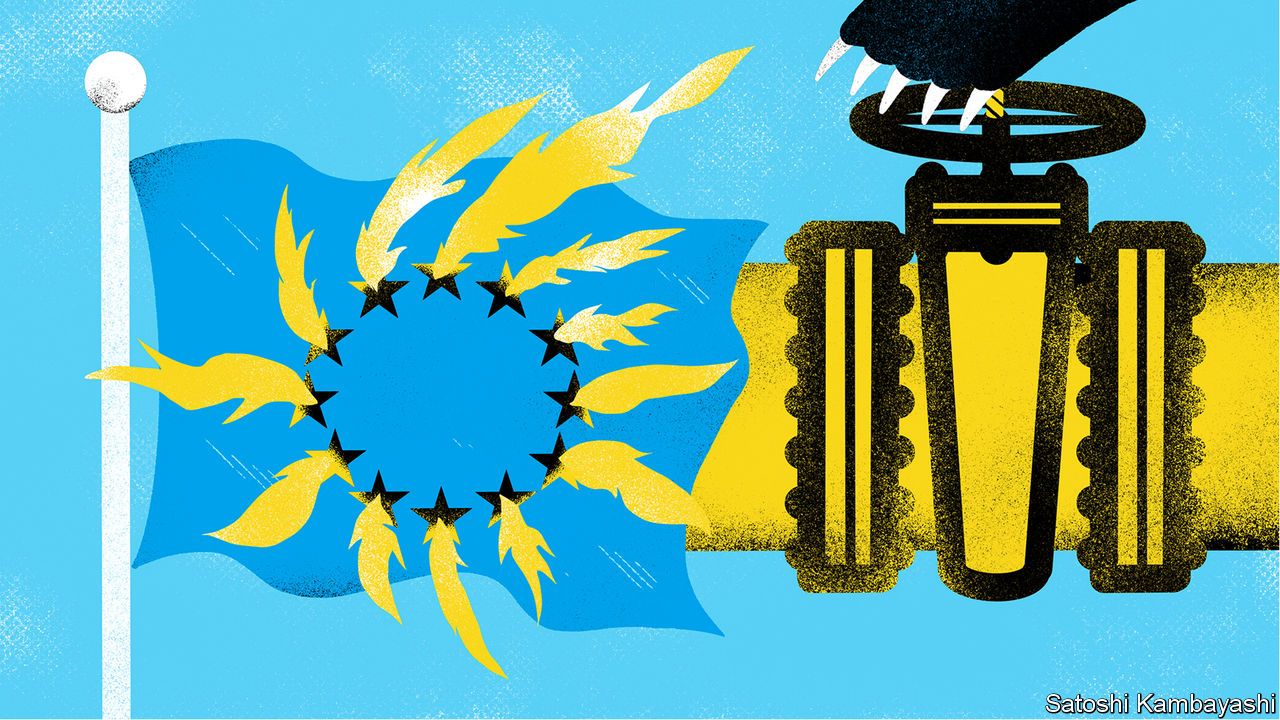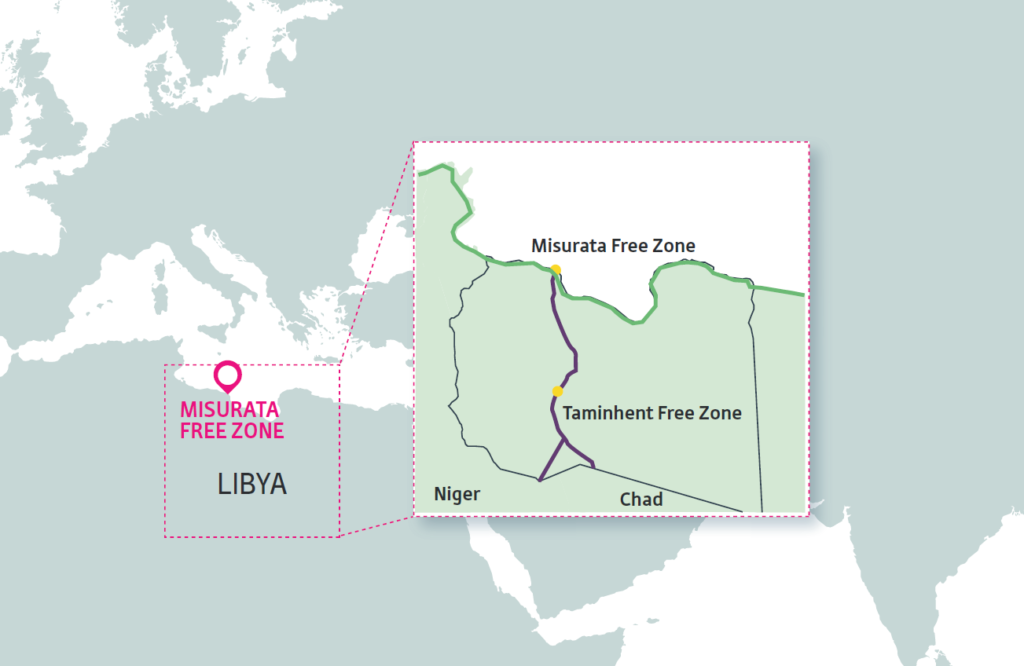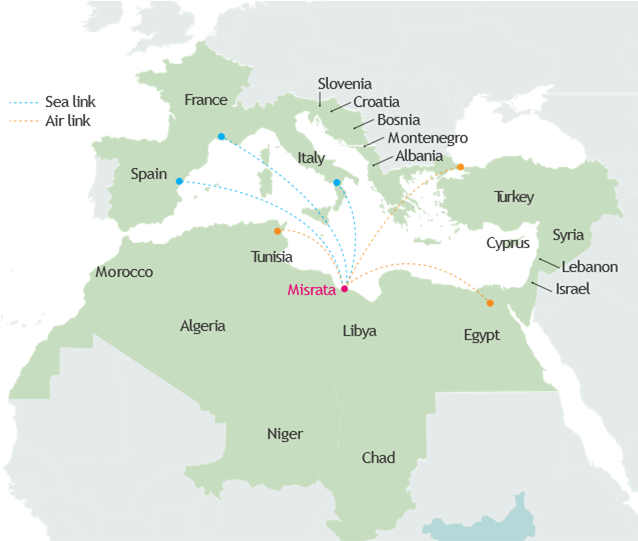Does size matter? Assessing Small States’ Economic Advantage
Small states globally have displayed remarkable economic performance, surpassing expectations in hostile environments. Despite their inherent size limitations, these nations have achieved prosperity and competitiveness, challenging the notion that larger countries always hold economic advantages. This article examines the recently published report “Small countries: The way to resilience” by Credit Suisse, which sheds light on the factors influencing the relationship between a nation’s size and its economic success. By delving into the insights provided by this study, we gain valuable understanding of how small countries strategically leverage their size limitations to foster economic growth, resilience, and strength.
Outperforming Larger Counterparts
Contrary to the assumption that bigger always equates to better economic outcomes, small countries consistently outperform their larger counterparts in terms of economic performance. Notably, the IMD Business School’s 2022 competitiveness ranking placed Denmark, Switzerland, and Singapore as the top three countries, highlighting the success of small nations. Furthermore, small countries dominated the United Nations Human Development Index, with 15 out of the top 20 positions held by these smaller-sized nations. These achievements challenge the notion that size alone determines economic prowess and underscores the resilience and competitiveness displayed by small countries.
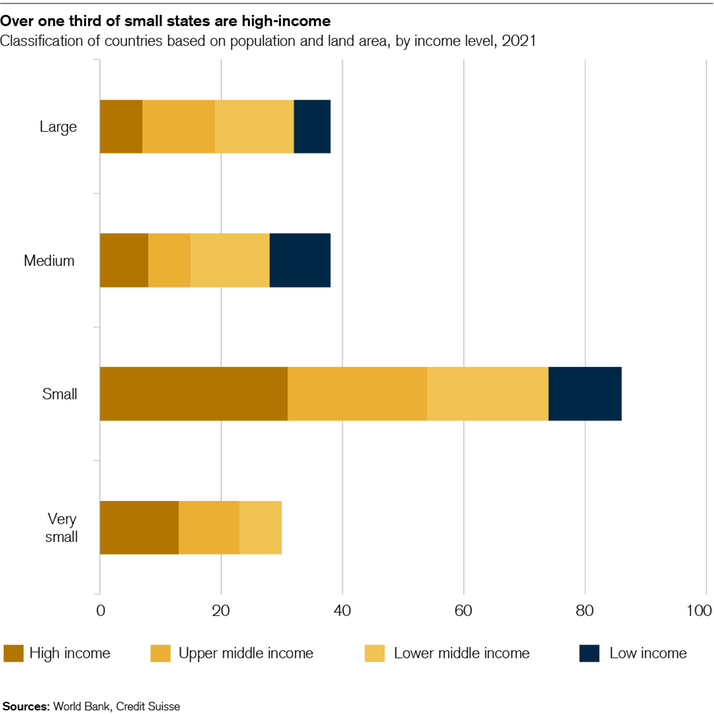
Homogeneity and Economic Specialization
While small economies face challenges such as limited internal markets, they possess distinct advantages that contribute to their economic success. The homogeneity of populations in small countries reduces the risk of internal conflicts and facilitates the implementation of unified approaches. Additionally, economic openness and a greater degree of specialization are key characteristics of small nations. This enables them to excel in specific industries, carve out niche markets, and establish themselves as global leaders in these areas. These advantages counterbalance the limitations of size and provide small countries with unique opportunities for economic growth.
The Complexity of Small States’ Prosperity
The path to prosperity for small countries is influenced by a complex interplay of various factors, some of which can act as double-edged swords. For instance, economic and trade openness, combined with specialization, contribute to the economic success of small nations. However, this also renders them more vulnerable to negative shocks, such as fluctuations in commodity prices. Understanding these intricate dynamics is crucial for formulating effective strategies that mitigate vulnerabilities and enhance economic resilience.
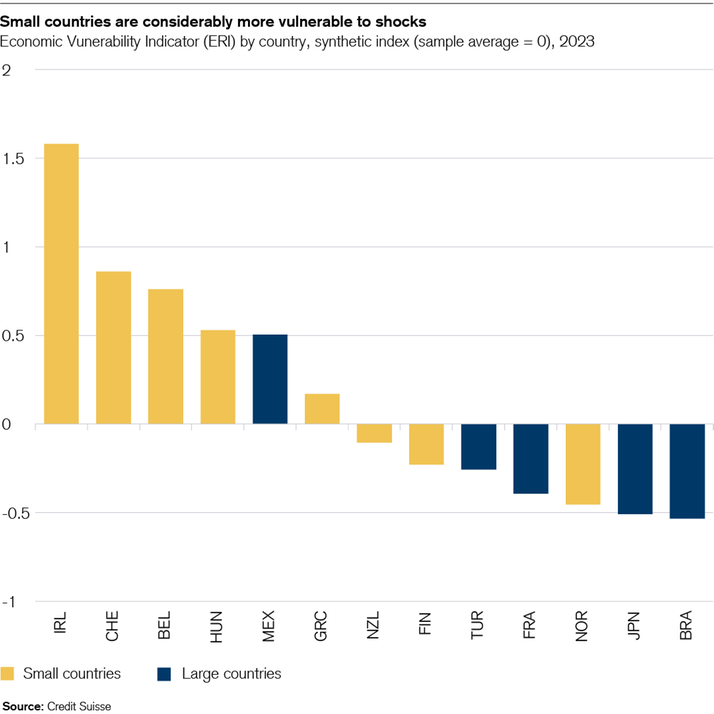
Assessing Economic Resilience
To gain deeper insights into the factors that impact the economic prosperity of small countries, the study developed two key indicators: the Economic Vulnerability Index (EVI) and the Economic Resilience Indicator (ERI). The EVI measures an economy’s exposure to shocks, considering factors such as economic openness, import and export concentration, energy imports, and reliance on foreign human capital. On the other hand, the ERI provides a comprehensive framework for assessing a country’s economic robustness to cope with shocks and adapt to changing economic circumstances. Aspects influencing the ERI include macroeconomic stability, economic diversification, infrastructure, governance, equality, and social mobility.
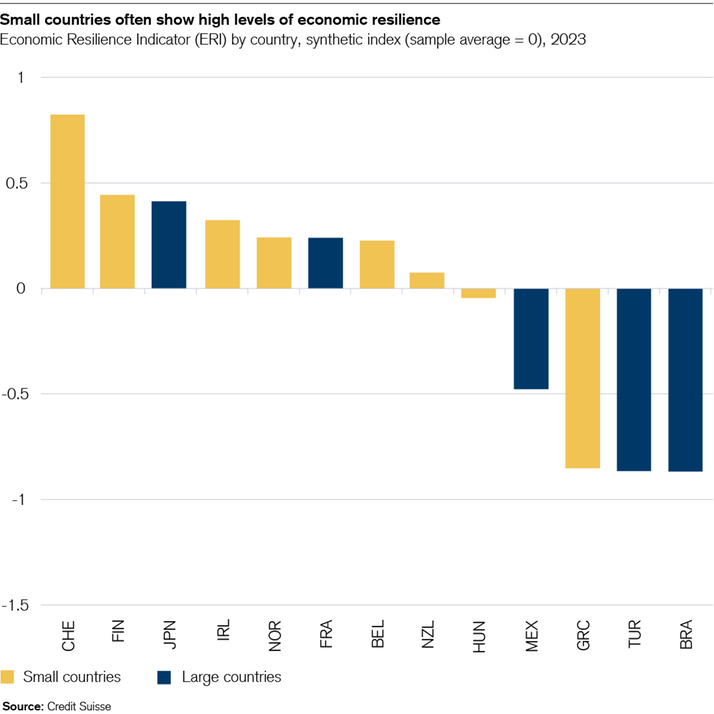
Strategies for Success
To counterbalance their susceptibility to economic shocks, many small states have developed effective strategies that mitigate the challenges posed by their size limitations. These strategies prioritize the fostering of economic resilience through investments in innovation, infrastructure development, social protection measures, and national investment funds. By enhancing their ability to absorb shocks and adapt to changing circumstances, small countries, exemplified by Switzerland, have achieved long-term economic success.
Smallness as a Catalyst
While smallness alone does not guarantee prosperity, analysis reveals that many small countries have successfully capitalized on their size limitations. Economic openness emerges as a key factor in their success, enabling them to forge strong international connections and leverage global opportunities. It is essential for small countries to recognize the significance of their authority in law-making and economic decision-making processes, as this autonomy is crucial in enhancing resilience and driving economic success.
Small countries worldwide have demonstrated their ability to defy size constraints and achieve prosperity and competitiveness. By strategically leveraging their unique advantages, fostering economic resilience, and embracing economic openness, these nations have transformed their size into a catalyst for long-term economic growth, strength, and competitiveness. As small countries navigate challenges and seize opportunities in an ever-changing global landscape, their experiences offer valuable insights for policymakers and researchers seeking to understand the intricate relationship between a nation’s size and its economic prosperity.
